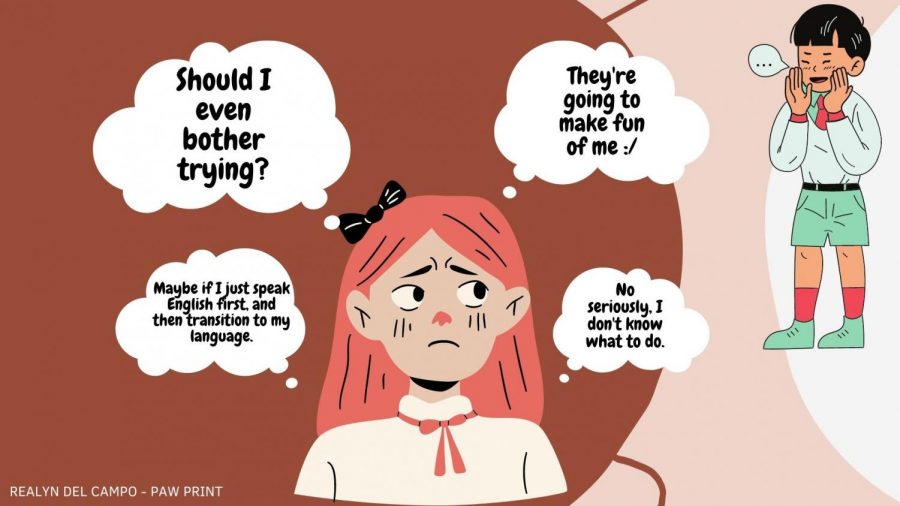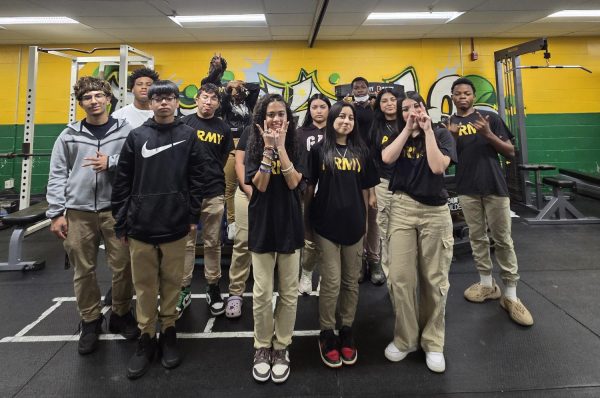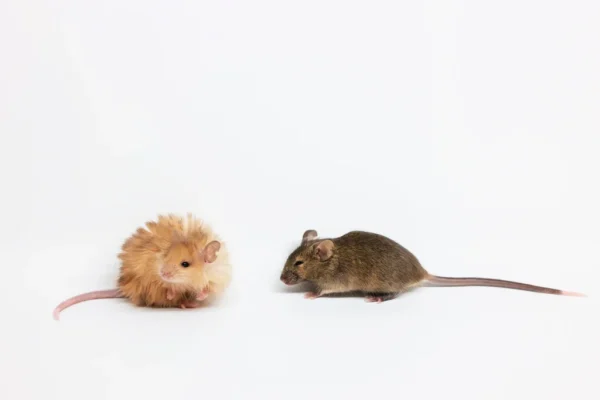Are you embarrassed to speak your native tongue? You shouldn’t be
For people of color, their language is everything. It was their one source of communication colonizers couldn’t take away. However, it was taken away regardless, and people found dialects which are different variations of native languages. Although colonization has caused many different aspects of life today, why does language have to be something where it brings shame and hate on your own people?
A Spanish Linguist at UCLA Armando Guerrero Jr. stated, “Language will forever represent a unique geographic landscape and sociocultural histories including that of a colonized people and their colonizer.” It is the voice of the colonizer when expressing a language that is inherently a colonizing language.
There is a historical relationship between how our forefathers were handled and the terminology that people use now. When you go back in time, you’ll see that our forefathers were taught not to use their native tongue, which resulted in centuries losing touch with their families simply because they couldn’t communicate fluently in that language.
Curly, a YouTuber on a channel called “Pero Like” stated, “We even did a video where we are teasing a Puerto Rican girl, because she is not saying her R’s, and what we didn’t realize was that is also anti-black.” Just the simplest of words can only do so much harm. It is your own people who manage to say something about the way someone talks, which results in a person not trying at all to connect with their people.
“I can’t speak pangasinan ( Filipino dialect), but I understand it. My aunts and uncles would always pressure me to speak it, but I can’t because I am shy and I am going to embarrass myself, ” said fifth Grader Rhema Del Campo. “ I speak English at home to my mom and dad. I do want to learn, but they’re gonna make fun of me.” It’s not easy learning to speak a language at an older age than when you are a baby. Even an 11 year old says that they’re embarrassed to try speaking their first language, it says a lot.
When your immigrant parents mainly talk to you in English now and lose their accent , it is harder to pass down to further generations that culture language holds. It is crucial to keep the language we hold in our families wherever you come from, because you may never know if it’s the last time you’ll hear it.
Your donation will support the student journalists of Parkdale High School. Your contribution will allow us to cover our annual website hosting costs and publish some printed editions, as well.

Realyn Del Campo is a senior who currently serves as the Executive Board Vice President for Parkdale's Student Government Association and President for...








Sherley Colon-Cruz • Oct 20, 2021 at 4:20 pm
Me encantó. Excelente artículo.